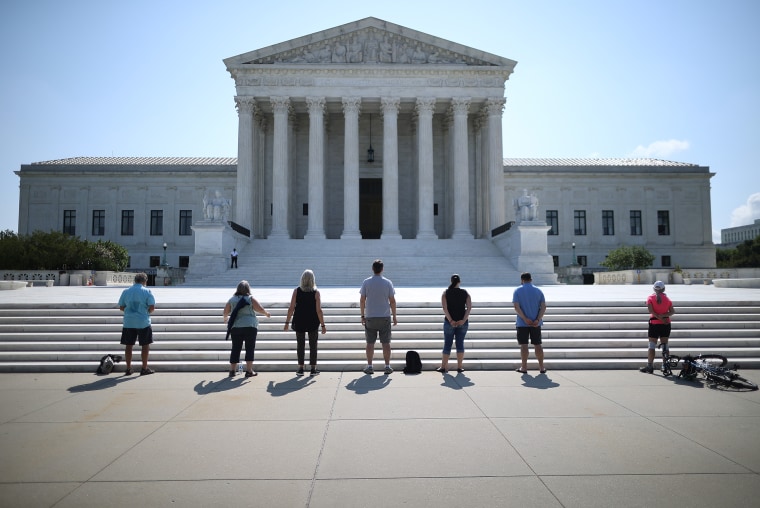The Supreme Court’s decision on Wednesday to allow employers and colleges to opt out of providing free birth control coverage weighed heavily on one Loyola University Chicago graduate.
Christina Frasik, 24, who graduated from the Jesuit Catholic university in 2018, said that the Court’s ruling will disproportionately impact marginalized students who already have trouble obtaining contraceptive care.
“I am just so terrified because it has the potential to do so much harm to so many, because for young adults sexual and reproductive health care is often one of their primary health concerns,” said Frasik.
In a 7-2 ruling, the Supreme Court sided with the Trump administration that the Affordable Care Act gives the government authority to create the religious and moral objections.
The decision reverses Obamacare policies that expanded access to contraception, and will now force many students, who have health insurance, to pay out-of-pocket for their birth control. The Trump administration joined the Little Sisters of the Poor, an order of Roman Catholic nuns that had fought the contraceptive requirement since it was first imposed.
Frasik, along with Lauren Morrissey, 22, founded the Student Coalition for Reproductive Justice, which educates students on sexual and reproductive health and helps many get the care they need on college campuses.
Morrissey said that she is worried that Loyola University Chicago and other universities will feel emboldened by today's ruling.
“Students expect their universities to take care of them and when that doesn’t happen it throws them for a loop,” said Morrissey, adding that being a student is already stressful enough.
Almost all women will use birth control at some point, and 86 percent have used three or more methods by their early 40’s, according to the Guttmacher Institute.
Reproductive health rights advocates said that the ruling makes essential health care even more difficult to obtain.
“Today’s ruling is egregious — people rely on birth control for their health, for their livelihoods, and for their ability to determine their own futures,” said Alexis McGill Johnson, president and CEO of Planned Parenthood Action Fund.
Ilyse Hogue, president of the abortion rights group NARAL Pro-Choice America agreed and said reproductive freedom is in peril.
“The Supreme Court’s decision to allow the Trump administration to put control over people’s birth control in the hands of the whims of their bosses and employers is deplorable,” said Hogue.
However, Marjorie Dannenfelser, the president of the anti-abortion group Susan B. Anthony List said that today was a major win for Trump.
“The Sisters, along with other religious and moral objectors who conscientiously object to abortion, should never be forced to go against their consciences to provide abortion-inducing drugs in their health care plans,” said Dannenfelser.
But, Frasik and Morrissey aren’t slowing down and will continue to fight for better access at colleges across the country.
“Going up against a university and the Catholic church may seem scary, but leading with reproductive justice as your north star will allow you to take care of your university community and make lasting change,” Morrissey said.

